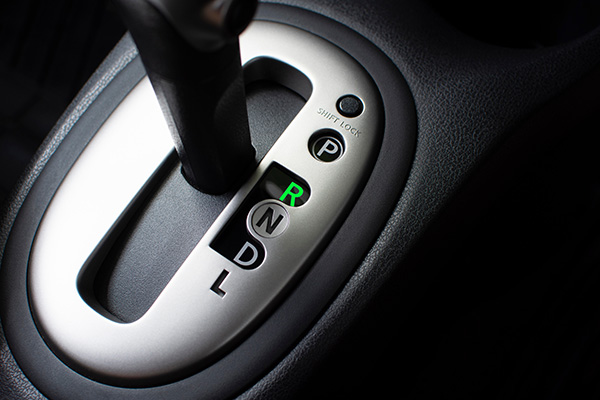
If your car jerks or bucks during gear changes, something isn’t right. Smooth shifting is one of the signs of a healthy drivetrain, and any unexpected movement could be a sign that a component is wearing out or malfunctioning. Whether the issue is occasional or happens consistently, it’s worth checking out.
Many drivers assume a jerking sensation always means transmission trouble. While that’s a possibility, there are several other potential causes that can feel very similar. The key is to catch the problem early before it causes more serious damage or leaves you stuck on the side of the road.
Is It the Transmission Itself?
Your transmission is responsible for shifting gears and delivering power to the wheels at different speeds. When it starts to fail, it may cause rough or delayed shifting, hesitation when accelerating, or jerking between gears.
Common transmission-related issues that cause jerking include:
- Low or dirty transmission fluid
- Worn clutch (in manual transmissions)
- Faulty solenoids or shift sensors
- Internal wear or slipping gears
If you hear strange noises during shifts or notice transmission fluid leaks, that’s even more reason to get it inspected. Fluid should be a bright red or pink and have a clean smell. Burnt or dark fluid is a warning sign.
Could the Engine Be to Blame?
Sometimes what feels like a shifting issue is actually coming from the engine. A misfiring cylinder, clogged fuel injector, or bad ignition coil can cause hesitation, which gets worse under load or during acceleration.
If your check engine light is on, that could point toward a spark or fuel-related problem. When the engine isn’t running smoothly, it puts extra stress on the transmission, so resolving the root cause quickly can prevent a bigger repair bill.
Is Your Transmission Fluid in Good Shape?
Transmission fluid isn’t just for lubrication. It helps with cooling and shifting performance, too. If the fluid level is low or if it has broken down over time, shifting can become harsh or unpredictable. This is especially true in vehicles with automatic transmissions.
You might also notice other symptoms like slipping gears or a delay before the car moves after shifting into drive. Getting a fluid check or flush can make a big difference if the fluid is the root of the problem.
Mounts and Joints Can Create Jerky Movement
Another cause of jerky shifting that drivers don’t always expect is worn-out engine or transmission mounts. These rubber components absorb vibration and hold the powertrain in place. If they’re cracked or broken, you might feel more of the engine’s movement during acceleration and shifting.
Similarly, if your CV joints or driveshafts are damaged, the movement can feel uneven and create jerks while accelerating or slowing down. These parts may not directly involve the transmission, but they contribute to how power is transferred to the wheels.
Manual Transmissions Have Their Own Set of Issues
Drivers of manual cars are often more in tune with the shifting feel. If your car jerks while releasing the clutch or shifting through gears, the clutch may be worn out or improperly adjusted. A bad clutch master or slave cylinder can also cause engagement issues.
Shifter linkage problems and worn synchros can create grinding or hesitation between gears. If you’re hearing noises while shifting or the gearstick feels loose or sloppy, those are strong indicators that something’s off.
When to See our Mechanics
If your car has started jerking during gear changes, don’t wait too long to have it inspected. Problems that affect shifting often get worse over time. What starts as a fluid issue or worn mount can turn into more expensive damage if ignored.
It’s a good idea to write down when the issue happens, such as only when the engine is cold, or only at certain speeds. That helps your mechanic narrow down the problem more quickly.
Smooth Shifting Starts at Inmon Automotive in Merritt Island, FL
If your car jerks or stutters when shifting, let the experts at Inmon Automotive in Merritt Island, FL, take a look. Our technicians can diagnose whether the issue is transmission-related or coming from another part of your drivetrain. We’ll give you clear answers, honest advice, and dependable repairs to get your car shifting smoothly again.
Schedule your inspection today and drive with confidence.